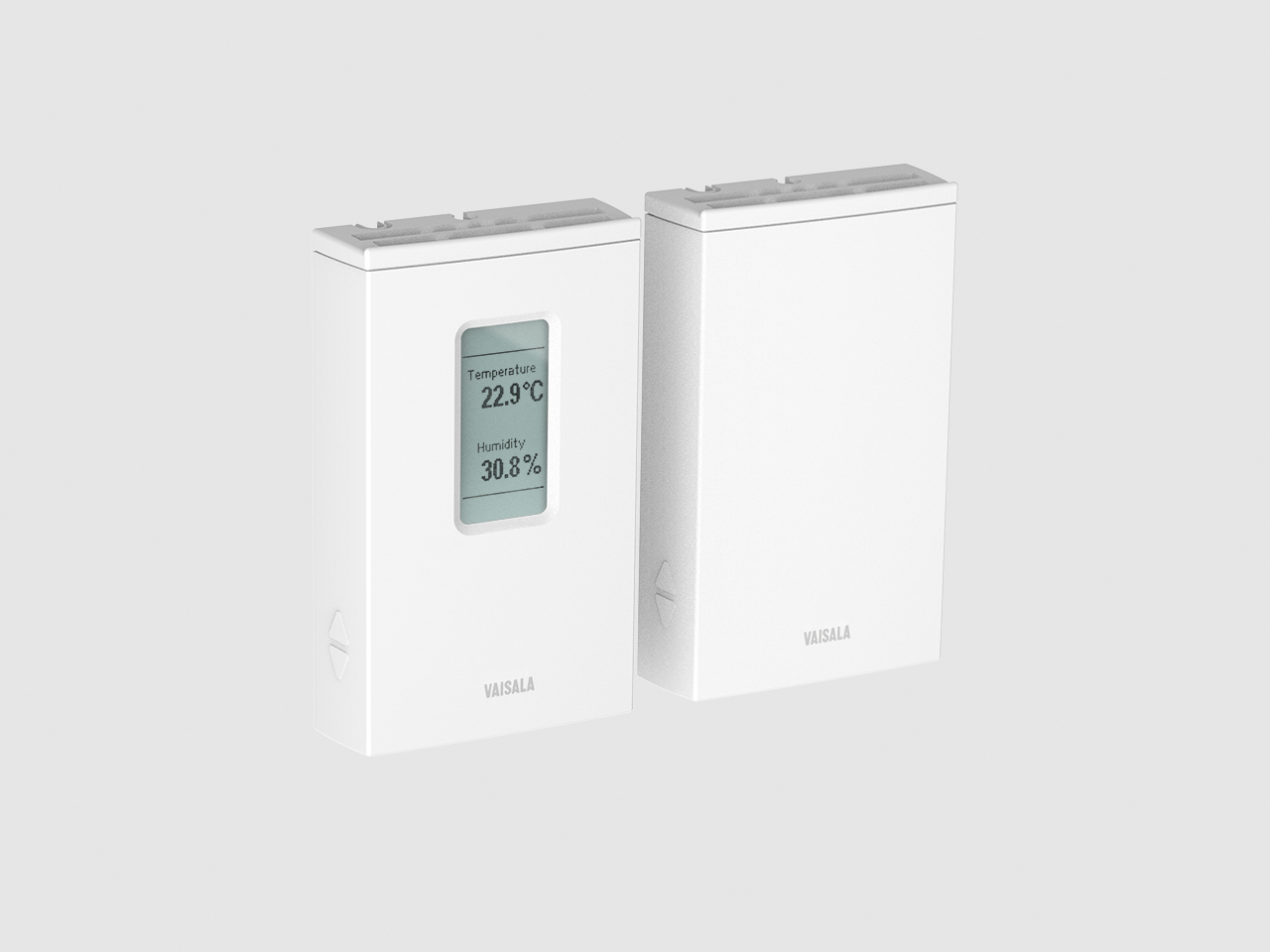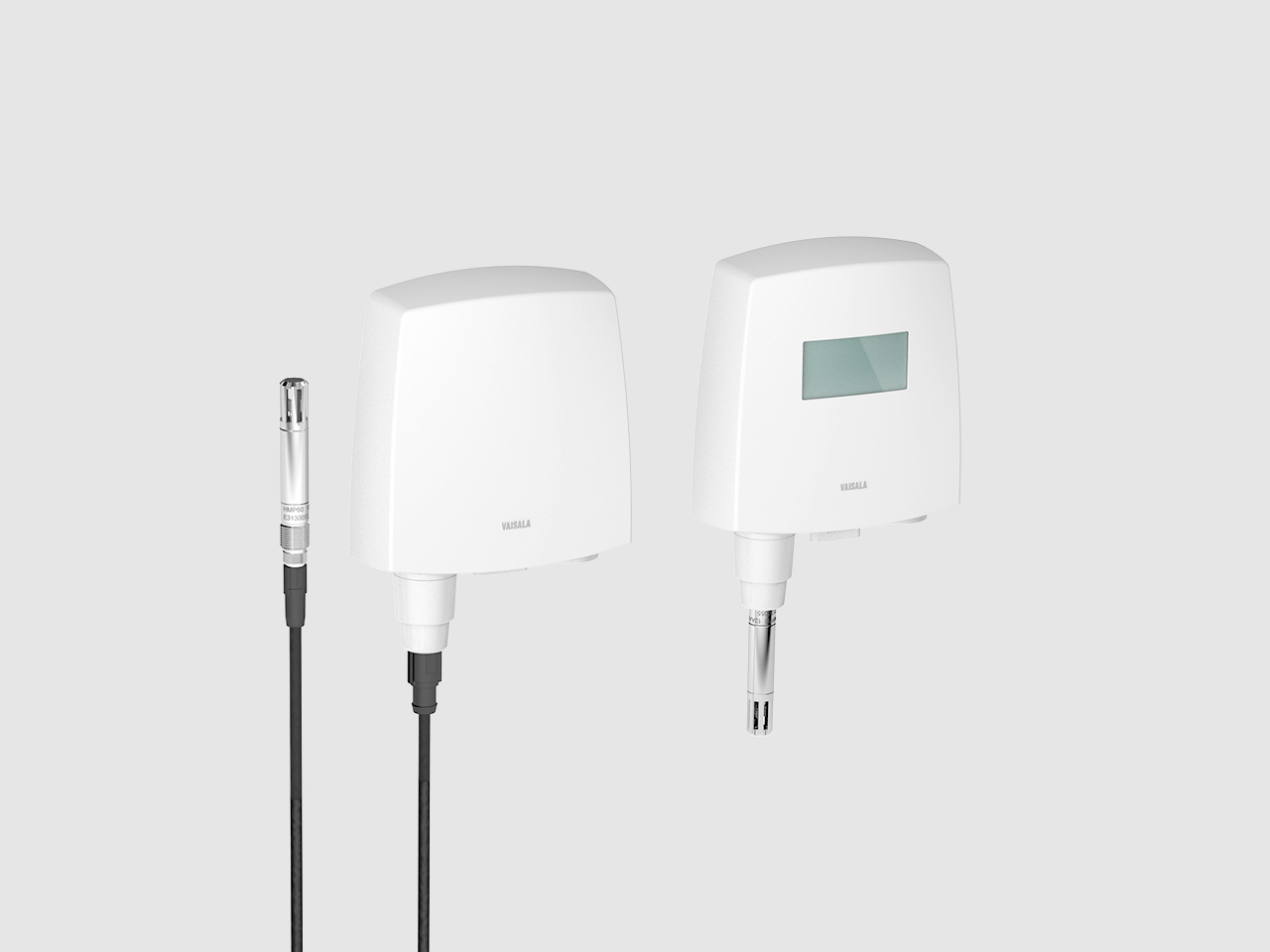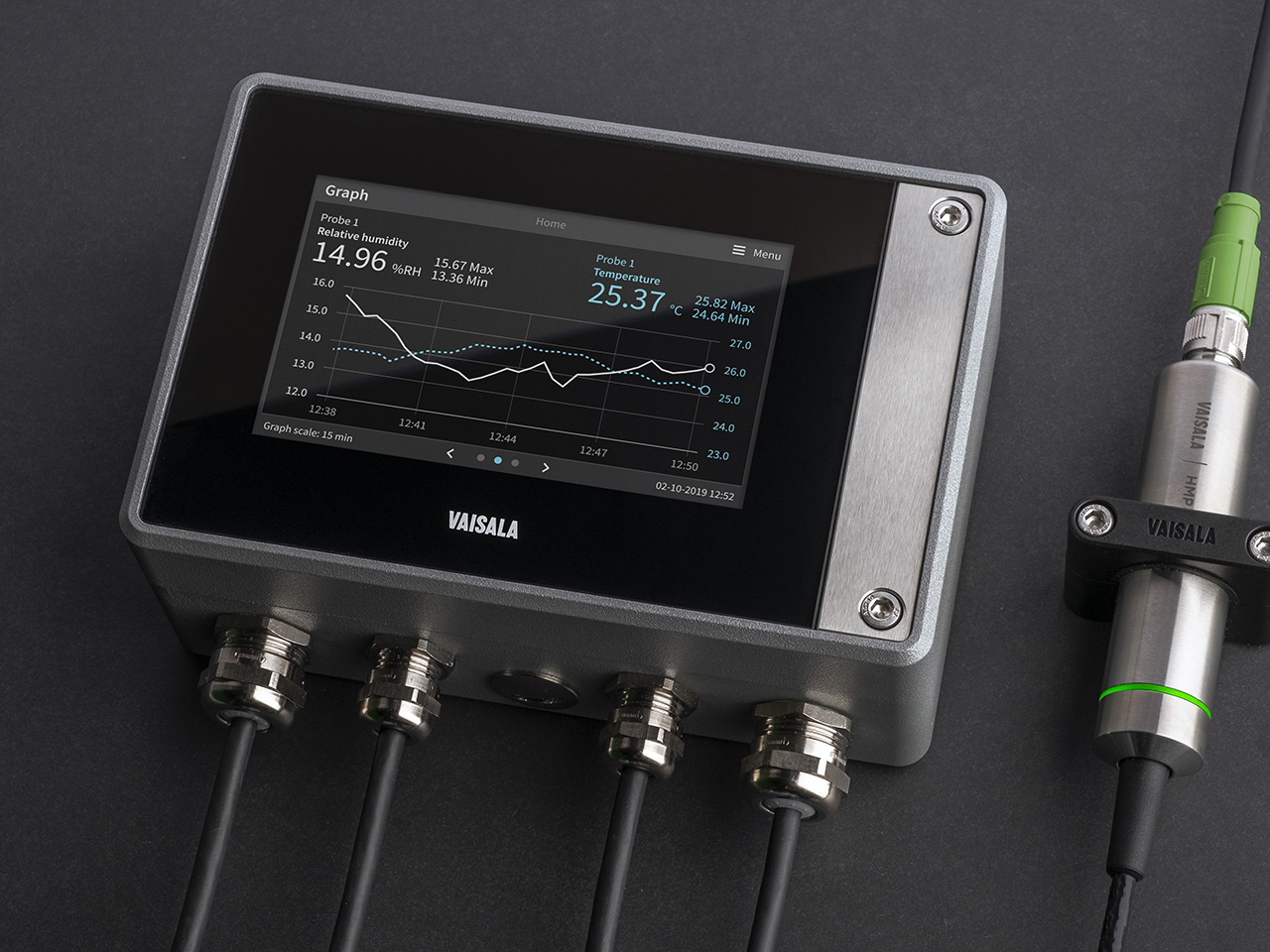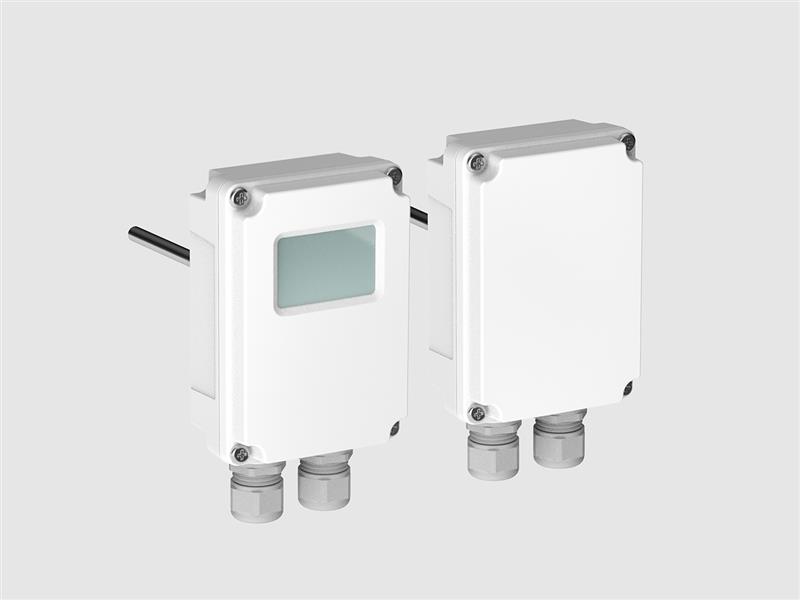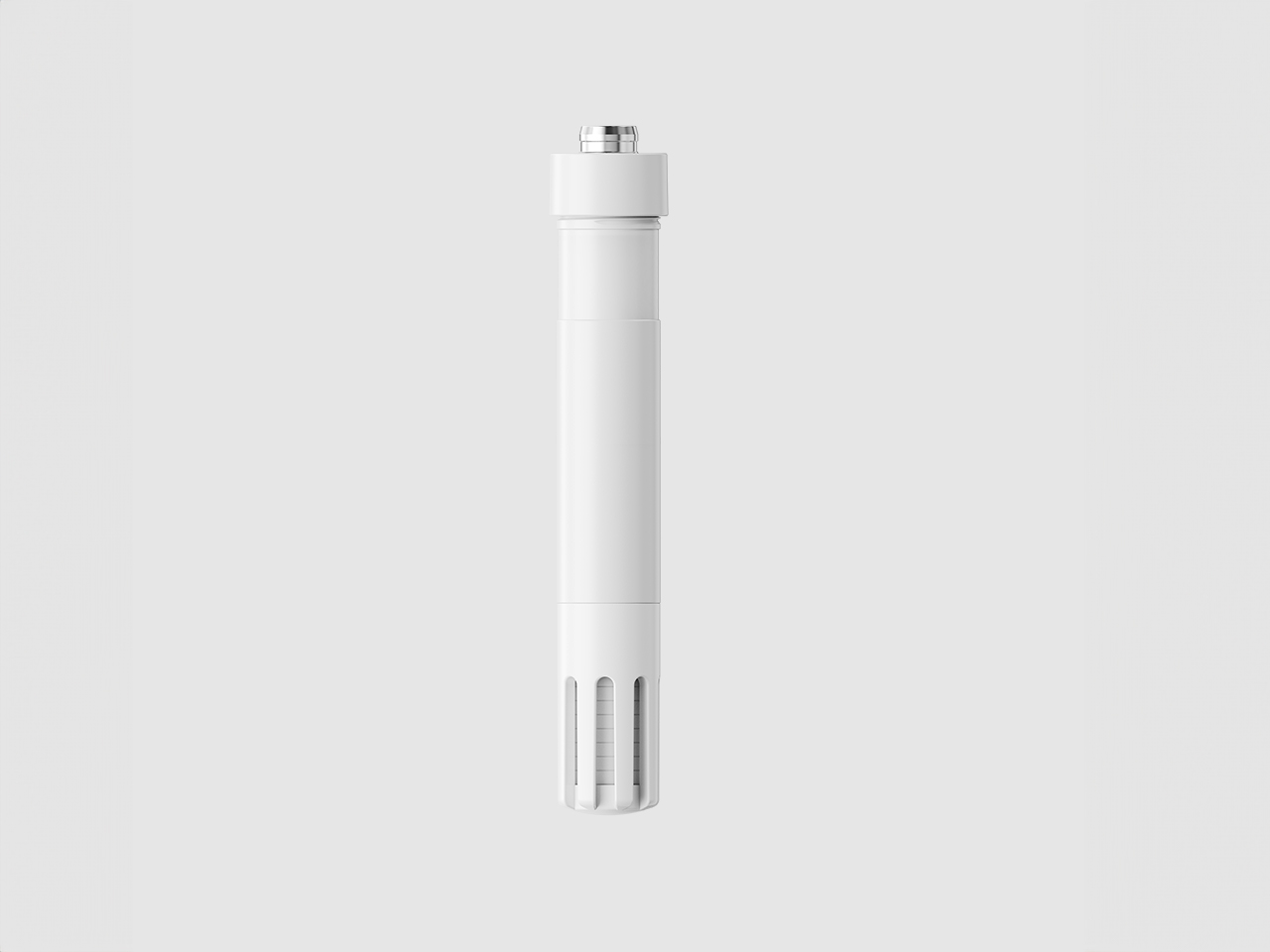Keeping data centers cool
Increasing demand for data processing and storage capacity has led to major companies investing in new facilities that provide web-based services to an ever-higher number of users. In these facilities, having the correct conditions – such as temperature and humidity – is vital for maintaining the equipment and securing operations.
Data centers are energy-intensive facilities, currently consuming more than 1.3% of the world's total electricity production. This energy is transformed into heat that has to be conveyed and dissipated away from the equipment racks in order to maintain the correct operating temperature. Cooling and air conditioning is one of the most important processes in any data center. Data center cooling can be done in a variety of ways, depending on the location and the local climate.
Refrigerant cooling consumes a lot of energy, but its usage can be reduced by taking the climate into consideration when choosing the location for the data center. In dry climates evaporative cooling is effective at dissipating heat. In cold climates direct cooling with dry, cold air can be used. Locations near water offer the possibility to dissipate the heat into the water.
The right temperature
The ASHRAE 2011 guidelines for conditions in data centers recommend an inlet air temperature and humidity envelope of 18…27 °C and 25…80%RH (dew point temperature 5...15 °C) respectively. In a traditional setup the equipment room is air conditioned by dividing the equipment into rows (hot aisles) and feeding conditioned, cool air between the rows (cold aisles), usually through the floor. When cool air travels through the equipment racks from a cold aisle to a hot aisle, it conveys the heat generated by the equipment through the ceiling. Temperature is controlled using a Computer Room Air Conditioner unit (CRAC), which performs both heating and cooling functions (though not simultaneously). For heating, the CRAC recirculates warm air from the hot aisles with cool make-up air; for cooling, incoming air is chilled to achieve the correct temperature.
Maintaining humidity levels
In addition to temperature, monitoring and controlling the humidity of the equipment room is also critical. Especially in cool climates where air-side economizers are used, the absolute water content of the air is naturally low. The relative humidity of air decreases when it is heated, meaning that it may fall below the desired level. Air that is too dry increases the risk of static electricity and requires additional humidification by means of spray or evaporative humidifiers.
When the outdoor temperature exceeds acceptable limits, the incoming air has to be cooled. In order to minimize the need for energy-consuming mechanical refrigeration, cooling can be achieved by spraying water mist – which instantly evaporates – into the incoming air. When the humidity of the air before and after the humidifier is known, the control system is able to adjust the humidifiers to ensure maximum adiabatic cooling efficiency while maintaining the relative humidity limits and avoiding possible corrosion problems related to too high relative humidity. In systems where liquid is used as the heat carrier, the coolant may be cooled in cooling towers, which are heat exchangers that employ a similar evaporative cooling principle. Efficient control of a cooling tower requires accurate humidity and temperature measurements, which in turn enable maximum cooling efficiency with minimized energy usage and also provides a means for monitoring the cooling power of the tower.
Vaisala HUMICAP® — reliable humidity measurements
The Vaisala offering for data center management includes instruments for measuring temperature, relative humidity, wet bulb temperature, dew point temperature, enthalpy, and weather parameters.
The wide range of Vaisala HUMICAP® relative humidity and temperature instruments includes industrial grade and HVAC transmitters that are suitable for use in data centers. Vaisala HUMICAP® sensors are known for their accuracy, excellent long-term stability, and negligible hysteresis.
Learn more about our sensors suitable for use in data centers: HMD110, HMW110, HMT120/130, and HMW90.


